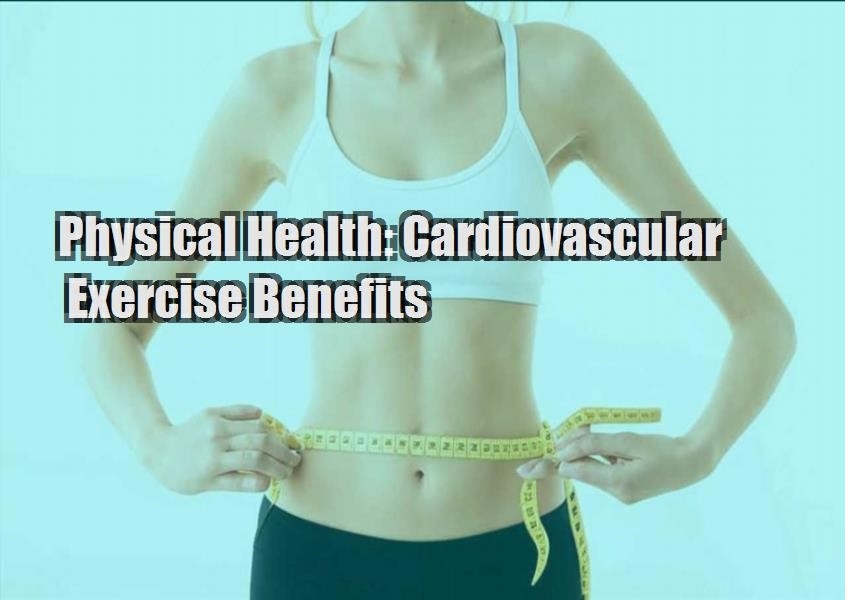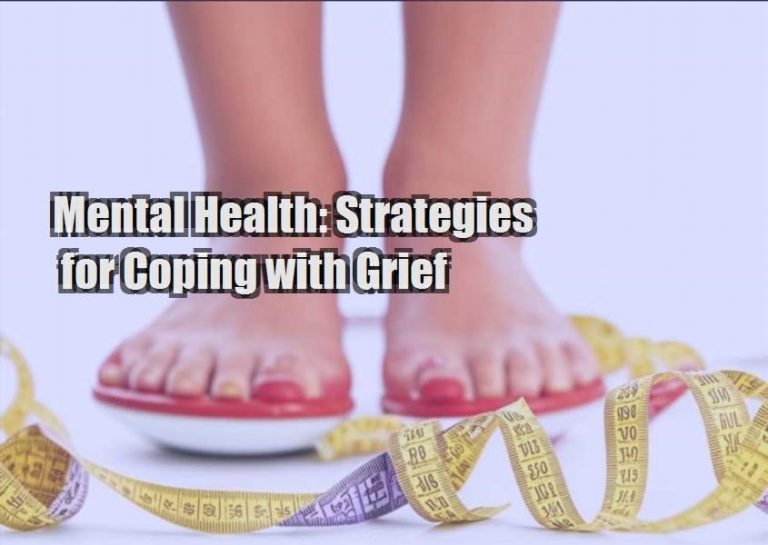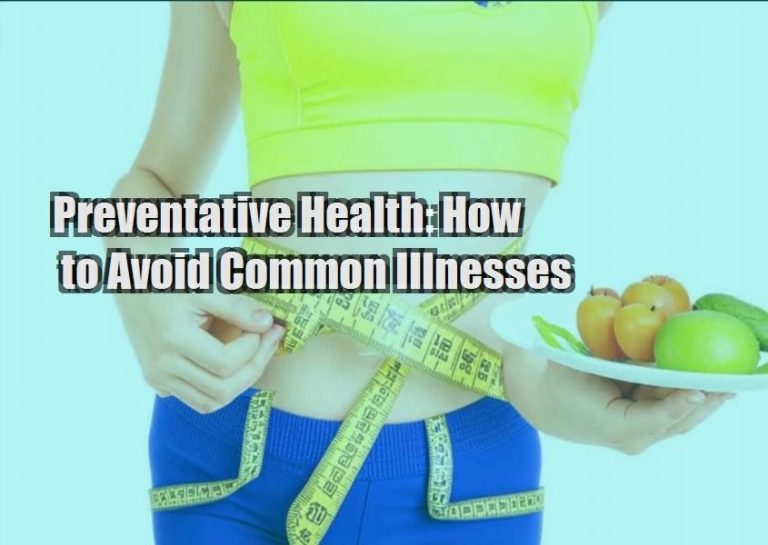Benefits of Cardiovascular Exercise
-
Improved Cardiovascular Health
- Strengthens the heart muscle
- Increases blood flow to the heart and brain
- Lowers blood pressure
- Reduces the risk of heart disease, stroke, and heart failure
-
Weight Management
- Burns calories during and after exercise
- Increases metabolism
- Helps maintain a healthy weight
- Reduces the risk of obesity
-
Reduced Risk of Chronic Diseases
- Decreases the risk of type 2 diabetes
- Improves insulin sensitivity
- Lowers cholesterol levels
- Reduces the risk of certain types of cancer
-
Enhanced Mental Health
- Releases endorphins, which have mood-boosting effects
- Reduces stress and anxiety
- Improves sleep quality
- Enhances cognitive function
-
Stronger Muscles and Bones
- Strengthens muscles in the legs, hips, and back
- Helps prevent muscle loss
- Improves balance and coordination
- Increases bone density and reduces the risk of osteoporosis
-
Increased Energy Levels
- Improves circulation
- Delivers more oxygen and nutrients to cells
- Boosts energy levels
- Reduces fatigue
-
Improved Sleep Quality
- Regular exercise helps regulate sleep-wake cycles
- Promotes relaxation
- Improves overall sleep duration and quality
Types of Cardiovascular Exercise
-
Running
- High-impact exercise that improves cardiovascular health and burns calories
- Can be done indoors on a treadmill or outdoors
-
Cycling
- Low-impact exercise that is gentle on joints
- Can be done on a stationary bike or outdoors
-
Swimming
- Non-weight-bearing exercise that provides full-body workout
- Excellent for improving cardiovascular health and muscle strength
-
Dancing
- Fun and engaging way to get cardiovascular exercise
- Many different dance styles to choose from
-
Jumping Rope
- High-intensity exercise that burns calories and improves coordination
-
Elliptical Trainer
- Low-impact exercise that simulates running or walking
- Provides a full-body workout
How Much Cardiovascular Exercise Do I Need?
The Centers for Disease Control and Prevention (CDC) recommends that adults get at least 150 minutes of moderate-intensity cardiovascular exercise or 75 minutes of vigorous-intensity cardiovascular exercise per week. If you are new to exercise, start slowly and gradually increase the intensity and duration of your workouts over time.
Safety Tips
- Consult with a healthcare professional before starting an exercise program, especially if you have any underlying health conditions.
- Start slowly and gradually increase the intensity and frequency of your workouts.
- Warm up before each workout and cool down afterwards.
- Stay hydrated by drinking plenty of fluids.
- Wear comfortable and supportive shoes.
- Exercise in a safe environment.
- Listen to your body and stop if you experience any pain or discomfort.
Conclusion
Cardiovascular exercise is essential for maintaining a healthy lifestyle. It provides numerous health benefits, including improved cardiovascular health, weight management, reduced risk of chronic diseases, enhanced mental health, and increased energy levels. By incorporating cardiovascular exercise into your regular routine, you can reap these benefits and live a healthier, more fulfilling life.







